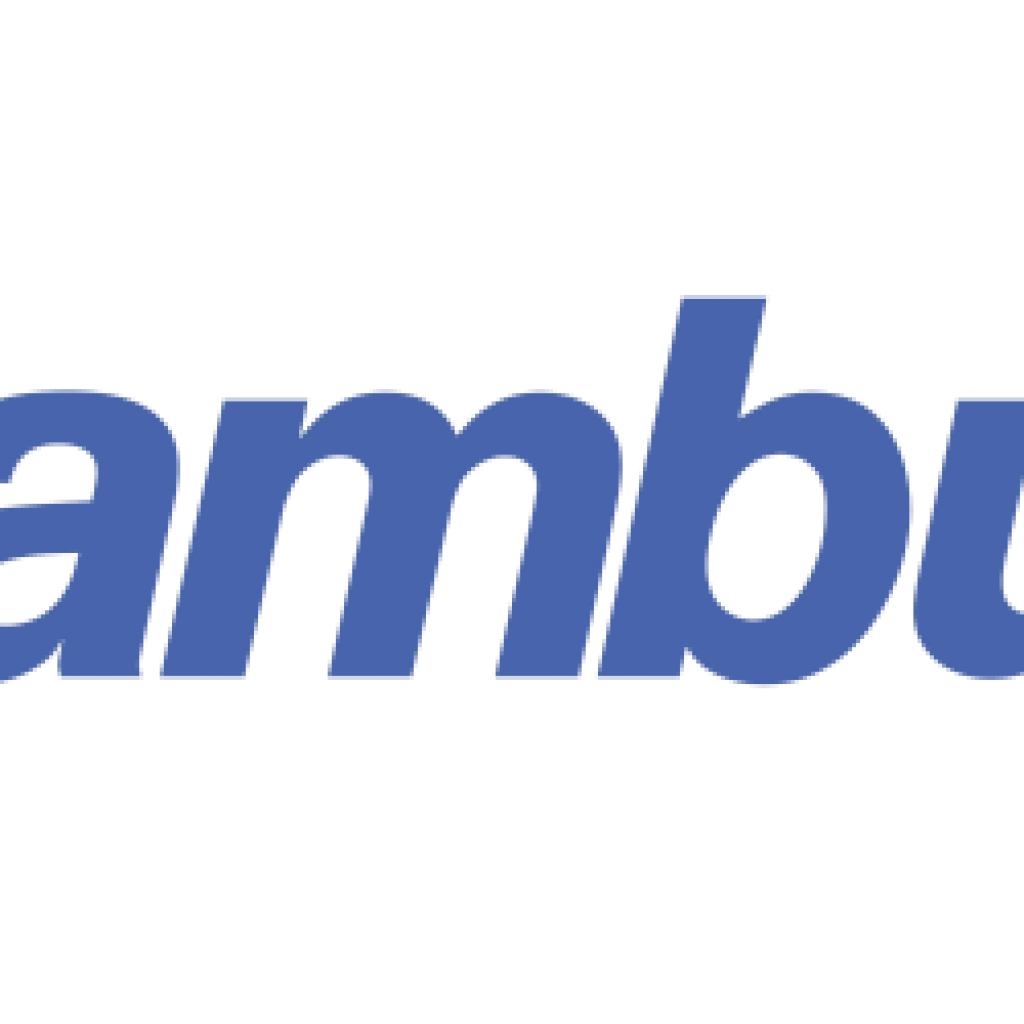Rambus, which just last month introduced a new family of security IP products, this week unveiled a full suite of security IP solutions aimed at providing cryptographic, side-channel, and quantum-safe protection for the FPGA market.
The move comes as low-power, high performance field programmable gate arrays (FPGAs) from the likes of Intel, AMD, Lattice Semiconductor, and others, increasingly are being deployed in a wide range of environments, from IoT devices, vehicles, data centers, and supporting applications related to defense, generative AI, machine learning, edge computing, and more.
The new family includes FPGA-targeted security IP products including root-of-trust, 800G MACsec, IPsec, classic, and quantum-safe public key encryption solutions. Leveraging work in differential power analysis (DPA) and fault injection attack (FIA) countermeasures, Rambus is aiming to strengthen protection for FPGAs for the coming Post Quantum Cryptography (PQC) era.
“As customer demand for security continues to accelerate, Rambus is dedicated to providing state-of-the-art security IP for the broad range of applications increasingly enabled by FPGAs,” said Neeraj Paliwal, vice president and general manager of Silicon IP at Rambus. “Our security IP solutions safeguard these FPGA devices now and in the future with Quantum Safe protection from PQC attacks.”
“In the increasingly distributed and accelerator-based computing architectures enabled by Intel FPGAs, it is mission critical to secure data and devices against today’s threats and those that arise with the advent of quantum computing,” said Premal Buch, vice president and general manager of Programmable Solutions at Intel. “We’re pleased to see Rambus offer security IP solutions tailored to FPGAs powering the growing landscape of accelerated computing.”
Rambus has yet to comment on whether or not it is providing the new solutions to Intel or other specific FPGA manufacturers.
The company in July announced its Root-of-Trust IP family with support for the developing NIST PQC standards.
Dan O’Shea has covered telecommunications and related topics including semiconductors, sensors, retail systems, digital payments and quantum computing/technology for over 25 years.
